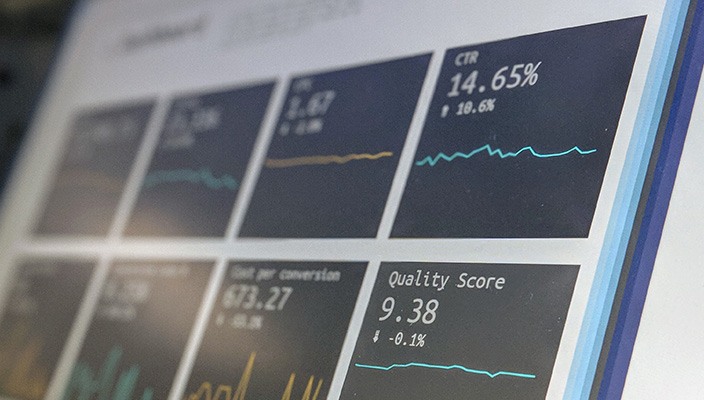Analytics and EBHR
Blog: HR Need To Prioritise More Effectively If We Want To Utilise Data And Analytics
By Dave Milner, Course Director of ‘Impact Through People Analytics’ There has been a lot of talk about HR professionals and HRBPs, in particular, being a data and analytics translator. That is a conduit between data scientists/people analytics specialists and executive/senior leader decision-makers. They are adept at understanding the business needs of an organisation and
Log in or Sign up and gain full access to:
- Online research, supporting resources, digital communities and webinars
- Insights at in-person events and advisory support from experts and practitioners
- Capability development through programmes and courses





